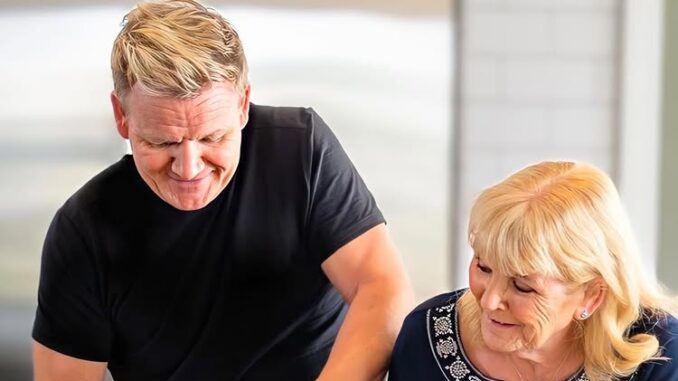
When it comes to food television, few personalities have had the cultural impact of Gordon Ramsay. In a world once dominated by soft-spoken chefs and carefully scripted cooking segments, Ramsay burst onto the scene with a completely new recipe for success—equal parts drama, grit, and raw authenticity. He didn’t just alter the way we watch cooking shows—he fundamentally transformed the genre itself.
Before Ramsay, most culinary programs followed a familiar formula: calm instruction, polite presentation, and a gentle encouragement of home cooking. Viewers learned how to bake a pie or roast a chicken, usually with a serene smile and soothing music in the background. But Ramsay turned up the heat—literally and figuratively.
With Hell’s Kitchen and Kitchen Nightmares, Ramsay introduced a world where kitchens weren’t serene havens but pressure cookers of emotion and intensity. He brought audiences behind the scenes of professional kitchens, exposing the stress, urgency, and chaos that define the culinary industry. It wasn’t just about the food—it was about the fight for excellence, the desperation to survive, and the pursuit of passion.
And while his trademark shouting and fiery temper became iconic, Ramsay’s television persona was never just bluster. Beneath the fury was always a deep desire to help people succeed. Kitchen Nightmares, in particular, offered more than restaurant makeovers. It explored the human side of failure—owners on the verge of losing everything, families strained by financial and emotional burdens, and dreams teetering on the edge of collapse. Ramsay’s brutal honesty was balanced by his empathy. He didn’t sugarcoat the truth, but he also didn’t walk away when things got hard.
Then came MasterChef, where Ramsay pivoted slightly, showcasing amateur cooks instead of professionals. With that series, he brought home cooks into the spotlight and gave them a platform to chase their culinary dreams. Contestants from all walks of life—teachers, firefighters, single parents—stepped into the kitchen hoping to change their lives. Ramsay, alongside his co-judges, delivered tough critiques, but he also offered mentorship, guidance, and second chances. His enthusiasm when someone nailed a dish felt as real as his disappointment when they fell short.
What makes Gordon Ramsay truly stand out is his authenticity. He doesn’t perform—he simply is. His passion for food, his respect for hard work, his emotional investment in people’s stories—all of it is unfiltered and real. That sincerity resonates. Viewers don’t just watch his shows for the entertainment; they connect to the journey. Every success feels earned. Every failure feels painful. Every redemption feels triumphant.
In redefining food television, Gordon Ramsay made it something more than just recipes and ratings. He made it about people—about their resilience, their flaws, their courage, and their dreams. Through all the shouting and the chaos, there’s always a deeper message: food has the power to change lives. And thanks to Ramsay, millions of viewers now believe that too.
